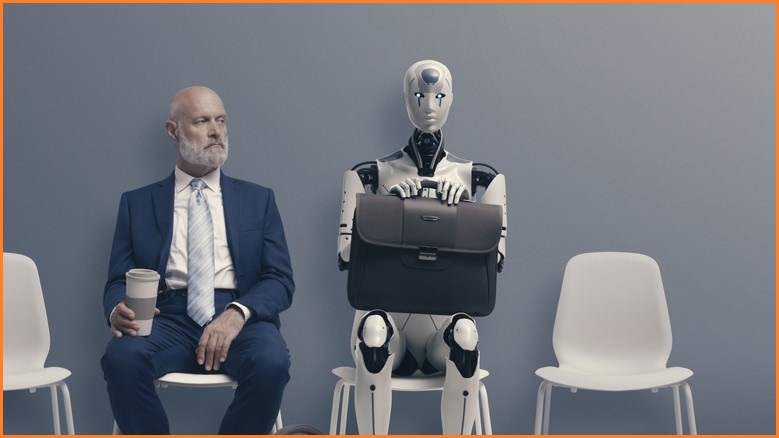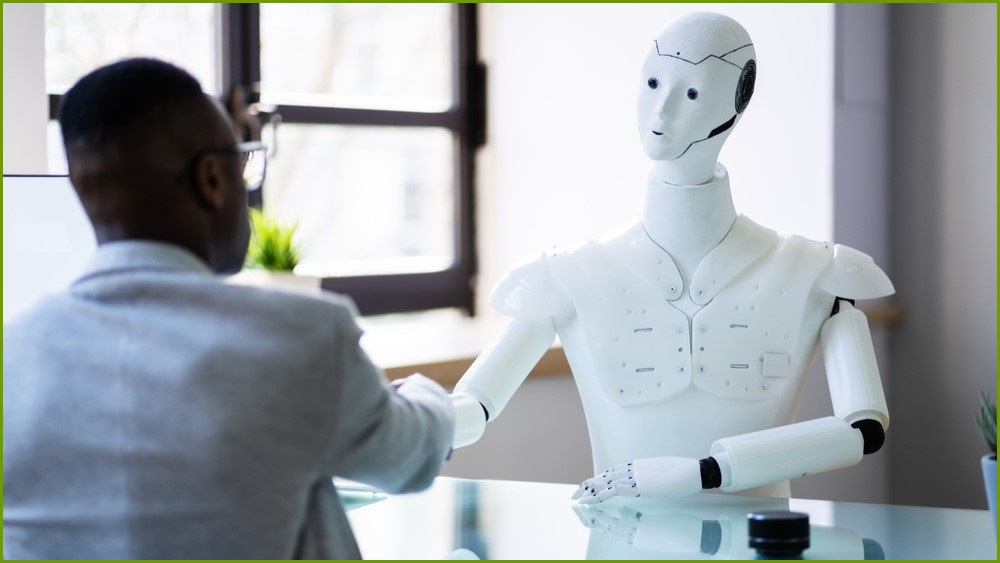Australian businesses are already overwhelmed by regulations and would be crippled by proposed “heavy-handed” rules that would restrict the use of AI technologies for employment-related purposes, business leaders have argued in pushing back against “burdensome” AI regulations.
The House Standing Committee on Employment, Education, and Training produced “unbalanced and impractical” recommendations around workplace AI despite spending months soliciting submissions, Australian Chamber of Commerce and Industry (ACCI) CEO Andrew McKellar said.
By taking what McKellar called “an overly simplistic view of AI and other new technologies,” he explained, the committee “has completely disregarded the realities faced by businesses [by recommending] heavy-handed obligations on AI deployment in workplaces.”
The Committee’s new Future of Work report proffered 21 recommendations, including a proposed mandate that all uses of AI for HR purposes be labelled “high-risk” given the potential for poorly designed uses to spawn privacy violations, surveillance issues, and other problematic issues.
“Employers are increasingly using emerging technologies to automate not only tasks but decisions traditionally made by humans,” the report notes, warning that “digital transformation has exposed some gaps in regulatory frameworks and workplace protections, especially for data and privacy.”
Government should mandate “meaningful consultation and transparency with workers” around AI’s use in the workplace, the committee said, while “empowering the Fair Work Commission to manage the dispute resolution process” around “excessive and unreasonable surveillance”.
Such issues have been a tinderbox for controversy, with AI-based automation among the key reasons for a recent strike at Woolworths and the likes of Bunnings, Kmart and Coles drawn into the spotlight when their surreptitious use of surveillance cameras was discovered.
AI has also been contentious for its increasing use in recruitment, where inundated employers are turning to innovations like AI-driven resume scanning, writing of job descriptions, attrition forecasting and video interviews to increase applicant screening efficiency and consistency.
Good governance or burdensome obligations?
With the Future of Work report also considering how AI technologies could impact Fair Work Act obligations, Business Council of Australia chief executive Bran Black warned that the committee’s “union-backed approach… will simply add more red tape and slow down technology takeup.”
Unions are seeking “broad power to veto the introduction of new technologies” like AI, Black said, adding that “if we start allowing unions to dictate decisions about workplace technology, then we will become a less attractive place to invest and do business.”
“Supporting workers through technological advancements is a positive in the workplace that can lead to productivity improvements,” he continued, warning that “cumbersome regulation on AI and digital technologies is a productivity and competitiveness sapper.”

Who should make hiring decisions, humans or robots? Photo: Shutterstock
Their comments echo growing global pushback against AI regulation, which this month led the UK and US to shun an ethical AI commitment enshrined in an international AI Action Statement whose 62 signatories include the likes of France, China, India, Indonesia, Australia and New Zealand.
The US would prioritise “pro-growth policies” over safety, US vice president JD Vance said, warning that excessive regulation of AI could “kill a transformative industry just as it’s taking off…. The Trump Administration will maintain a pro-worker growth path for AI.”
McKellar voiced similar concerns, noting that “Australian businesses, already grappling with complex new industrial relations laws, do not need further burdensome workplace regulations.”
Employees are learning to love AI
Business groups’ acrimonious response to proposed tightening of workplace AI rules – recommendations also include modernising legislation around employee workplace protections and reviewing awards for “high-risk industries” – reflect growing tension around AI’s proper role.
A recent Deloitte study, which surveyed nearly 900 APAC business leaders across 13 countries, found that businesses weren’t moving fast enough to improve their AI governance, with 91 percent of organisations found to have only ‘basic’ or ‘in progress’ governance structures.
One quarter of businesses experienced an increase in incidents related to AI over the past financial year, with 83 percent aware of AI-related risks around issues like surveillance and privacy, and 45 percent saying that improving AI governance had boosted their reputation among their customers.
Significantly, survey after survey suggests that Australian workers are generally OK with the use of AI during employment-related functions like recruitment, with the majority already using AI tools during their job searches and most similarly comfortable with employers using the technologies.
One recent Capterra survey of nearly 3,000 job seekers in 12 countries, for example, found that 64 percent of Australian job seekers believe they are more likely to be hired if AI is used in recruitment, and that 74 percent see AI as less biased than humans when evaluating candidates.
More job seekers were comfortable than uncomfortable with employers using AI and automation for sourcing, screening interviews, assessing skills, evaluating and ranking candidates, ensuring equal opportunity, and making hiring decisions – yet not all are ready to give AI carte blanche.
Two-thirds of job seekers said they were more likely to apply for a job if they have the option to talk to a human “at any point in the application process,” the survey found, while 59 percent are more likely to apply to a job description that states that all hiring decisions are made by humans.










